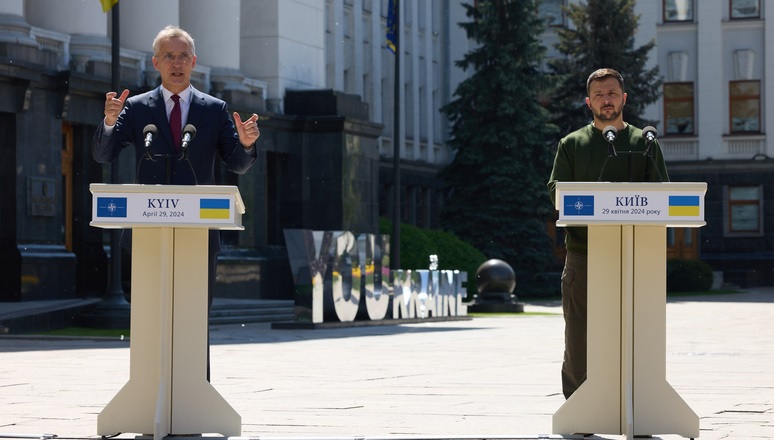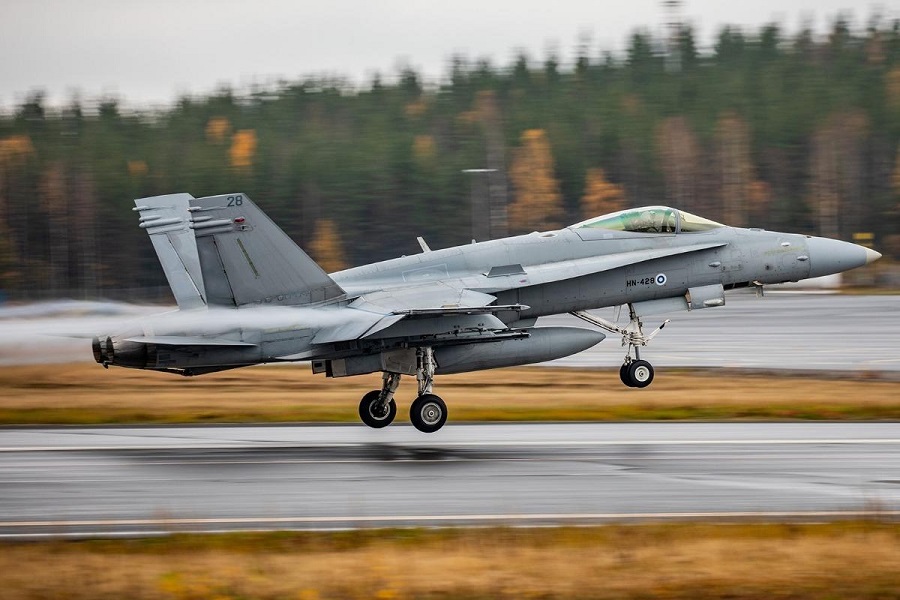In recent months, the international community has been focusing on averting a regional confrontation in the Middle East, especially due to the war between Israel and Hamas in the Gaza Strip and the support Tehran and the resistance axis provide to Hamas. In this context, members of the International Atomic Energy Agency (IAEA) Board of Governors met in Vienna, Austria, from November 22-24, 2023, to discuss, among other things, a report released on November 15 about Iran’s advancement in its nuclear program. According to a paper by Danny (Dennis) Citrinowicz, a Research Fellow in the Iran Program at the Institute for National Security Studies (INSS), under normal circumstances, this report would have garnered global attention due to its serious implications. However, the conflict between Israel and Hamas overshadowed it. “The international and even Israeli media completely ignored it. Nonetheless, due to its severity, the Iranian nuclear issue cannot be overlooked. It requires a serious, thoughtful examination of Iran’s nuclear program’s future and effective, realistic ways to impede its advancement,” Citrinowicz stated.
Citrinowicz, who served 25 years in various command positions in Israel Defence Intelligence (IDI), including as the head of the Iran branch in the Research and Analysis Division (RAD) and as the division’s representative in the United States, provided additional insights.
The report he refers to paints a concerning picture of Iran’s significant strides toward nuclear capability, including the accumulation of material enriched to 60 percent. Specifically, Iran has stockpiled 189.8 kilograms of material enriched to 60 percent and another 838.9 kilograms enriched to 20 percent, from a total stockpile of enriched uranium estimated at around 4,486.8 kilograms.
“The report further reveals that Iran is expanding its enrichment facilities, including at the Natanz plant, where 15 cascades of advanced centrifuges are already operational (three IR6 cascades, six IR4 cascades, and six more IR4 cascades ready for operation). Plans are underway to further expand both the Natanz and Fordow enrichment facilities. The report also notes Iran’s refusal to progress in implementing the joint statement from March 4, 2022, its unwillingness to provide additional information on the so-called open files, and its resistance to cooperating with the IAEA in implementing the modified Code 3.1. This resistance hampers the IAEA’s ability to ensure that Iran is not diverting nuclear material,” the report adds.
The INSS report also discusses recent developments between Iran and the United States, noting a series of understandings where Iran committed not to enrich uranium beyond 60 percent. In return, Iran was to receive funds frozen by various countries. However, Iran’s decision to continue enriching uranium to this level, against the backdrop of the U.S. administration’s attempts to retract these agreements and halt fund transfers from banks in Qatar to Tehran due to Iran’s involvement in the Gaza war, underscores the fragility of these agreements.
“It now seems highly unlikely that the U.S. and Iran will reach a temporary, let alone a long-term, deal over Iran’s nuclear program. Several factors have escalated tensions to such a degree that a deal appears nearly impossible: Iran’s role in the Gaza war, its direction of Shiite militias in Iraq attacking American forces (partly to pressure Israel into a ceasefire), and the U.S. entering a presidential election year. Additionally, strong criticism of Iran in Washington, including from senior Congress members, may preclude any discussion of an agreement with the Islamic Republic. Moreover, Iran’s involvement in the Gaza war could lead to further sanctions from the U.S. administration, worsening Tehran-Washington relations. The U.S. administration is currently striving to prevent a significant deterioration in relations with Iran, such as by extending the Iraqi exemption on trading with Iran. Nevertheless, the prospects of reaching an agreement over Iran’s nuclear program have significantly diminished,” the report concludes.
The researcher observes that Iran’s enrichment program is likely to continue unimpeded, as Iran has little incentive to halt its progress without substantial economic relief. It seems almost certain that the contentious issue of Iran’s nuclear program will be deferred to the next administration, unless there’s an Iranian nuclear breakout before the U.S. presidential election in November 2024.
“The West and Israel should reconsider their strategy and devise methods to prevent Iran’s enrichment program from progressing while simultaneously increasing regional pressure on the Islamic Republic. While Iran’s approach to a 90 percent enrichment level might seem to limit the West’s ability to act against the nuclear program for fear that additional pressure could prompt Iran to cross the nuclear threshold and enrich to military-grade levels, it is the West’s inaction that allows Iran to expand its nuclear program in a way that will be irreversible under any circumstances,” the report suggests.


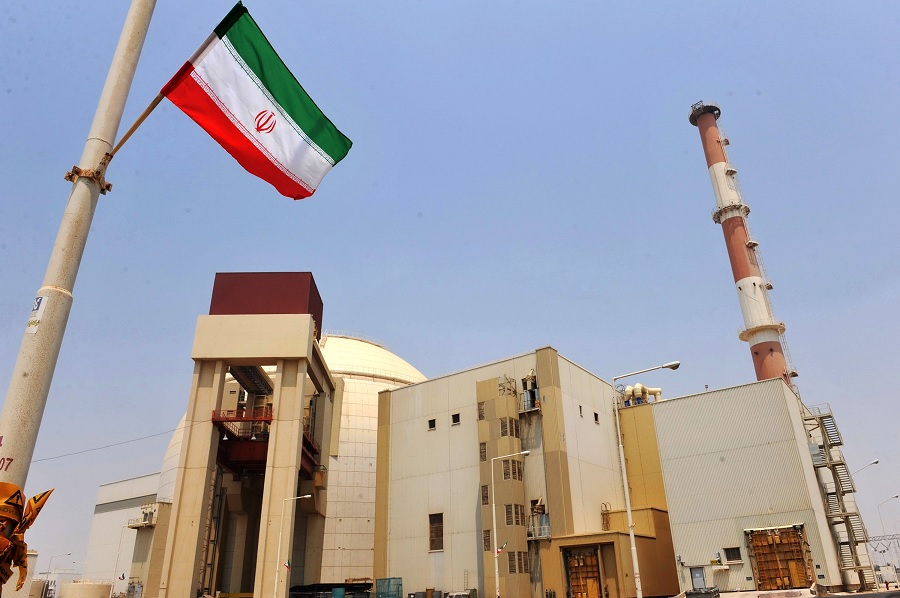



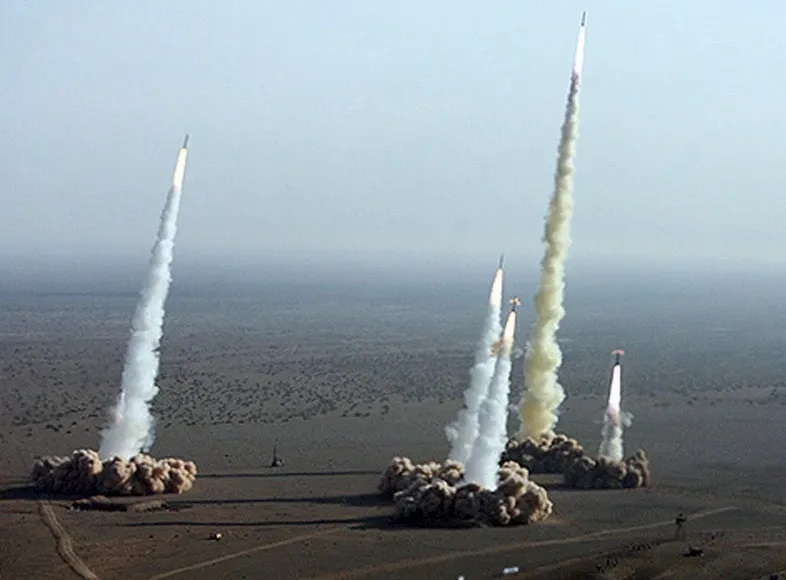
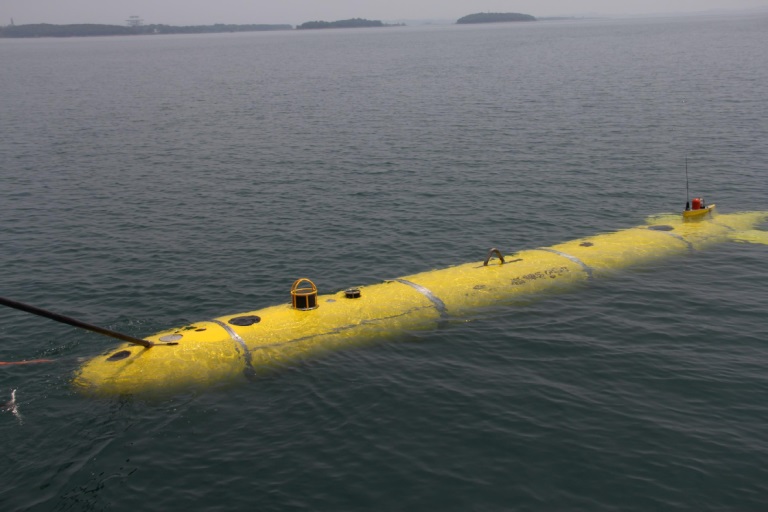

![Mobilising artillery – developments, challenges and the Russo-Ukrainian war [LONG READ]](https://defence-industry.eu/wp-content/uploads/2023/08/European-Union-supports-Ukraine-with-substantial-artillery-ammunition-deliveries.jpg)














